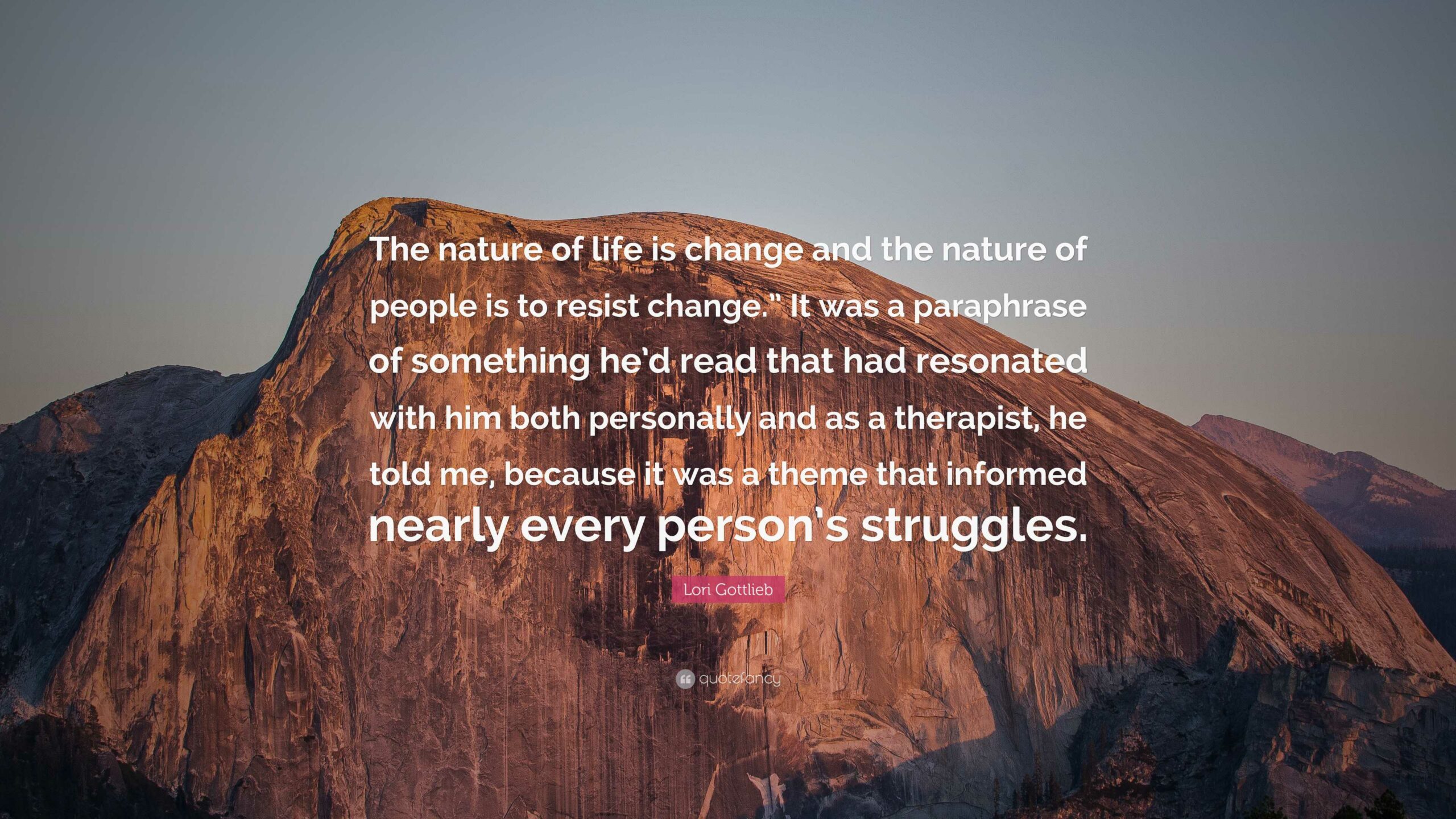EAM S Jaishankar Speaks on ‘Turbulent Times’ Impacting Global Politics | Image:
ANI
Delhi: External Affairs Minister (EAM) S Jaishankar said that the nature of war has changed in the current era, citing the conflicts between Azerbaijan and Armenia, Ukraine and Russia, and Israel and Iran to highlight the “turbulent times” the world is experiencing.
Speaking at the 4th Kautilya Economic Conclave, Dr. Jaishankar said, “Today, the nature of weaponry, the nature of war has fundamentally changed. We have seen that in multiple conflicts, starting with Azerbaijan-Armenia, Ukraine-Russia and Israel-Iran; so, contactless war, often with standoff weapons, but which can have a very impactful, sometimes even a decisive outcome. These are today the characteristics of the landscape of these turbulent times. The sentiment that characterises the turbulent times is a growth in the opposition to globalisation in many parts of the world.”
At the conclave, the Minister of External Affairs also emphasized the need for nations to be self-sufficient.
“One of the significant changes in recent years is that the United States, which for decades was concerned about its external energy dependence, has not only become self-sufficient but is now a major energy exporter, making it a key part of its strategic outlook. Just as the US has emerged as a champion of fossil fuels, China has established itself as a leader in renewables. Whichever path you take, all roads eventually lead to renewables,” he said.
However, he also reflected on the tendency of nations to foster competition across various dimensions, such as connectivity, finance, resources, technology, and warfare, intending to weaponise everything, thus, leading to rivalries.
“We have also seen in a few cases, in the cases of major polities, that their belief in balance for power is probably much less. They seem to think that they may not need the rest of the world as much as they did before. So, if they have margins of power, they are prepared to exercise those margins in pursuit of their policies and actions. We have seen overall the global needle move much more towards competition…That glob
Read More

